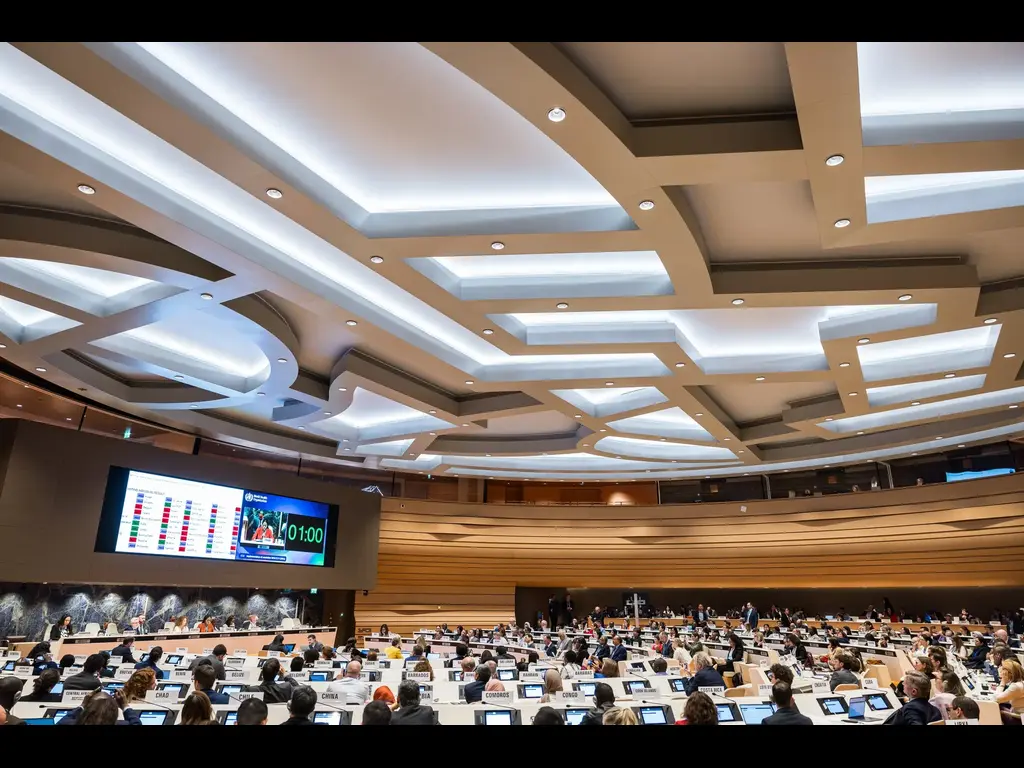
Member states of the World Health Organisation (WHO) have adopted a landmark resolution declaring rare diseases a global health priority. The decision was made during the 78th Session of the World Health Assembly, marking a significant step towards greater inclusion and equity in global health systems.
The resolution recognises that over 300 million people worldwide live with one of more than 7,000 rare diseases; many of which begin in childhood and can lead to lifelong challenges. These include physical and emotional hardship as well as heavy financial burdens for families and health systems.
The resolution urges countries to:
Crucially, the resolution mandates WHO to develop a 10-year global action plan with measurable goals to ensure progress in diagnosis, treatment, and long-term care for those living with rare diseases.
This marks the first time that rare diseases have been officially recognised at the highest level of international public health governance, signalling a global shift towards more inclusive healthcare systems.